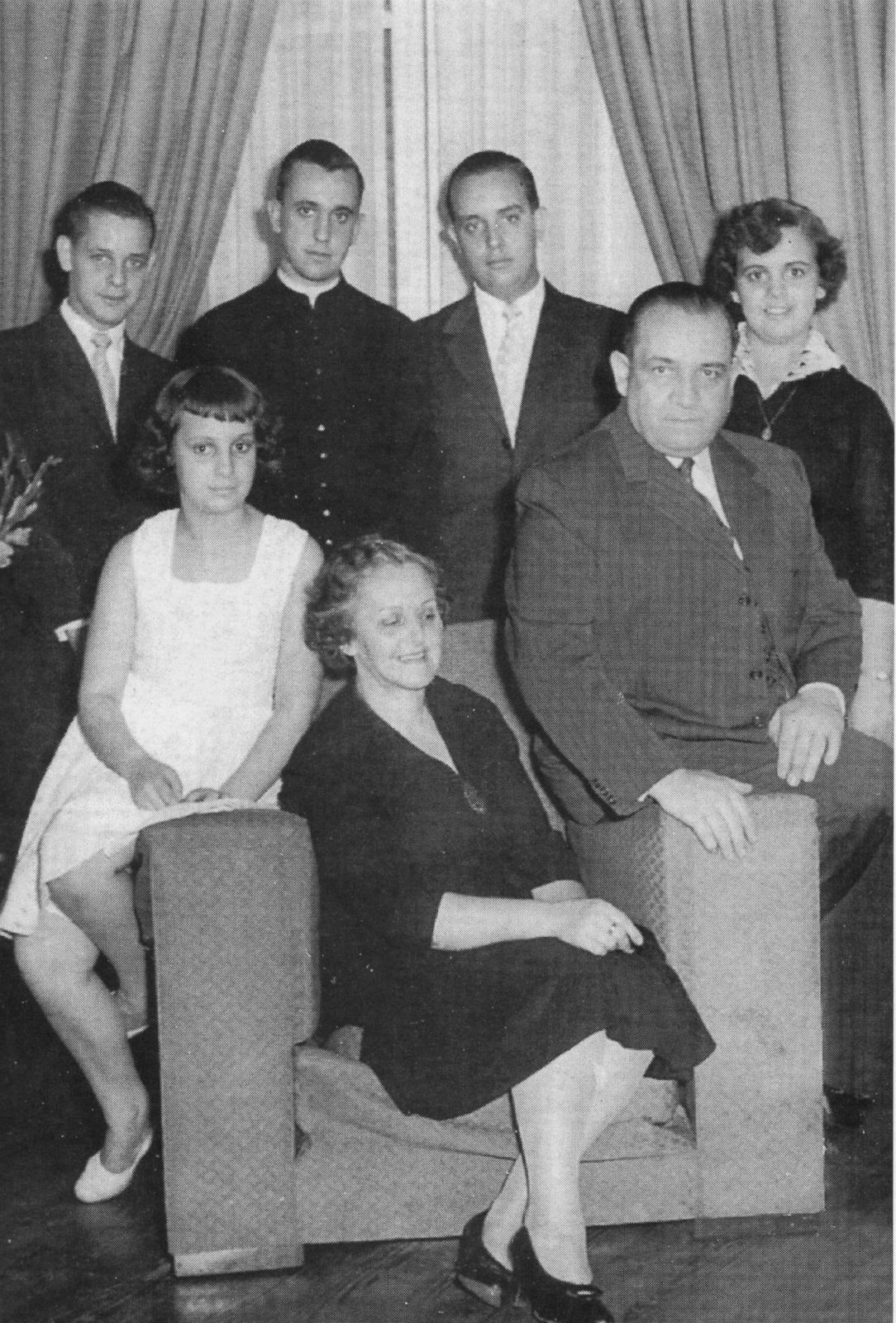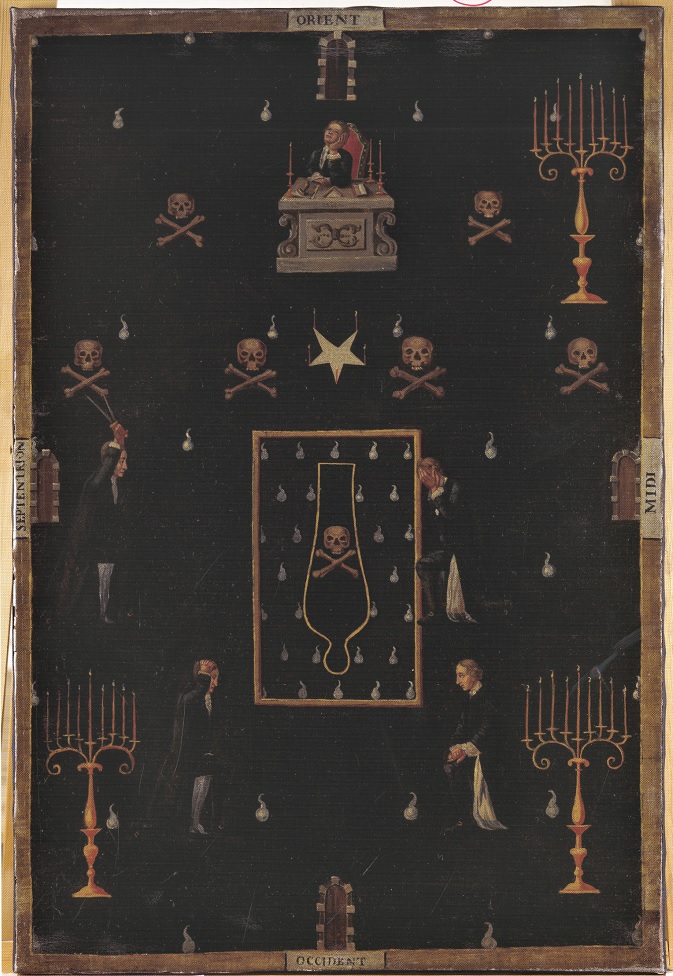Can Catholics and Freemasons truly reconcile their beliefs, or does a fundamental incompatibility persist? The Vatican's latest pronouncements emphatically declare that membership in Freemasonry remains strictly off-limits for Catholics, reinforcing a long-held stance rooted in theological and historical concerns.
The Dicastery for the Doctrine of the Faith (DDF), with the explicit approval of Pope Francis, has once again clarified the Church's position. This recent reaffirmation, issued on Wednesday, isn't merely a reiteration of existing policy; it serves as a direct response to inquiries, particularly from Bishop Julito Cortes of Dumaguete in the Philippines, highlighting the enduring relevance of this issue. The decree underscores the Church's persistent vigilance regarding the potential conflicts arising from dual allegiance and differing worldviews.
| Key Figures and Organizations Involved | |
|---|---|
| Pope Francis | The current pontiff, whose explicit approval of the DDF document solidifies the Church's stance. |
| Dicastery for the Doctrine of the Faith (DDF) | The Vatican office responsible for safeguarding and promoting Catholic doctrine. |
| Cardinal Victor Fernández | The Prefect of the DDF, who signed the recent document. |
| Bishop Julito Cortes | Bishop of Dumanguete in the Philippines, whose inquiry prompted the latest clarification. |
| Freemasons | A centuries-old fraternal organization with a global membership estimated to be up to six million. |
The recent pronouncements from the Vatican serve as a stark reminder of the historical tensions between the Catholic Church and Freemasonry. The Church's objections are multifaceted, stemming from perceived conflicts in doctrinal beliefs, particularly regarding the nature of God, religious authority, and the role of Christ. Furthermore, concerns about secrecy, potential for dual loyalties, and Masonic rituals have long fueled the Church's apprehension. The Vatican’s stance isn't a recent development but a continuation of a centuries-long dialogue, or rather, a series of pronouncements that have consistently viewed Masonic principles as incompatible with Catholic dogma.
The roots of this complex relationship extend back to the 18th century, marked by the rise of Freemasonry in Europe. The Church's initial condemnation of Freemasonry began in 1738 with Pope Clement XII's bull In Eminenti Apostolatus, which forbade Catholics from joining Masonic lodges. This was not an isolated incident but the first of a series of papal condemnations that solidified the Church's opposition. The primary reasons for these condemnations were rooted in the secrecy surrounding Masonic rituals, the organization's perceived promotion of naturalism, and the potential for undermining the Church's authority. The Church viewed Freemasonry as a rival system offering an alternative moral and spiritual framework, challenging the Church's monopoly on religious truth.
Throughout the 19th century, as Freemasonry gained influence across Europe and the Americas, the Vatican intensified its scrutiny and condemnation. The perceived threat from Freemasonry was multifaceted, encompassing political, social, and theological dimensions. Masonic lodges were often viewed as centers of anti-clerical and revolutionary activity, undermining the Church's influence in society. In response, the Church issued further condemnations, including the encyclical Humanum Genus by Pope Leo XIII in 1884, which provided a comprehensive critique of Freemasonry, accusing it of promoting naturalism, rationalism, and undermining the Church’s teachings on faith and morality. This encyclical served to solidify the Church's stance and provided a theological basis for its opposition.
The Church's concerns haven't diminished with the passage of time. The DDF, in its recent document, explicitly stated that Active membership in Freemasonry by a member of the faithful is forbidden. This clarification underscores the gravity of the issue and the Church's unwavering commitment to upholding its doctrines. The prohibition is not merely a suggestion; it is a directive with implications for Catholics who choose to become Freemasons. The Vatican's reaffirmation comes at a time when there may be a misunderstanding among some Catholics regarding the compatibility of these two affiliations. The recent document clarifies any ambiguity and reinforces the Church's position, emphasizing the fundamental incompatibility between Catholic faith and Masonic principles.
Pope Francis has spoken out strongly against Freemasonry and its perceived impact on the Catholic Church. His comments have echoed the concerns of his predecessors, underscoring the Church's enduring vigilance. His remarks have often focused on the potential for Freemasonry to undermine Catholic teachings, to promote relativism, and to create a parallel system of belief and practice that could divert Catholics from their faith. These statements, combined with the recent DDF document, make it clear that the current pontiff shares the Church's long-standing concerns about Freemasonry.
The Church's stance should be understood in the context of its core doctrines and its historical role as a guardian of spiritual and moral truths. The Church views its doctrines as divinely revealed and unchangeable, and it considers the sacraments, prayer, and obedience to the Church's teachings as essential for salvation. The Church's objections to Freemasonry, therefore, arise from fundamental differences in worldview. The Vatican’s stance is also rooted in a commitment to protecting the unity and integrity of the Catholic faith, which the Church believes would be jeopardized by the adoption of beliefs and practices that conflict with its teachings.
The reaffirmation of the ban also reflects the Church's understanding of its unique role in the world. The Catholic Church sees itself as the sole repository of the fullness of truth revealed by God through Jesus Christ. The Church’s concerns extend beyond specific theological disputes. It reflects a broader apprehension about any organization that claims to offer a competing spiritual or moral path, potentially undermining the Church's authority and its unique role as a guide to salvation.
This ongoing dialogue and the Vatican's continuing clarification on the matter point to a complex, enduring relationship between the Church and Freemasonry. While it is important to acknowledge the diverse interpretations and experiences within both groups, the official position of the Catholic Church, reaffirmed by Pope Francis, leaves no room for ambiguity. The Church's reiteration of the ban underscores the importance of upholding its core values and ensuring that its members remain steadfast in their faith, safeguarding the integrity of its doctrines.
The implications of this declaration are far-reaching. For individual Catholics, the message is clear: membership in Freemasonry is incompatible with the tenets of their faith. For the wider Catholic community, the Vatican’s reaffirmation serves as a reminder of the Church’s unwavering commitment to defending its doctrines and protecting its members from any influences that might lead them astray. This recent document isn't an isolated instance; it's a continuation of a centuries-long dialogue, or rather, a series of pronouncements that have consistently viewed Masonic principles as incompatible with Catholic dogma. The ban remains in effect, and the Church expects its members to adhere to its teachings.



